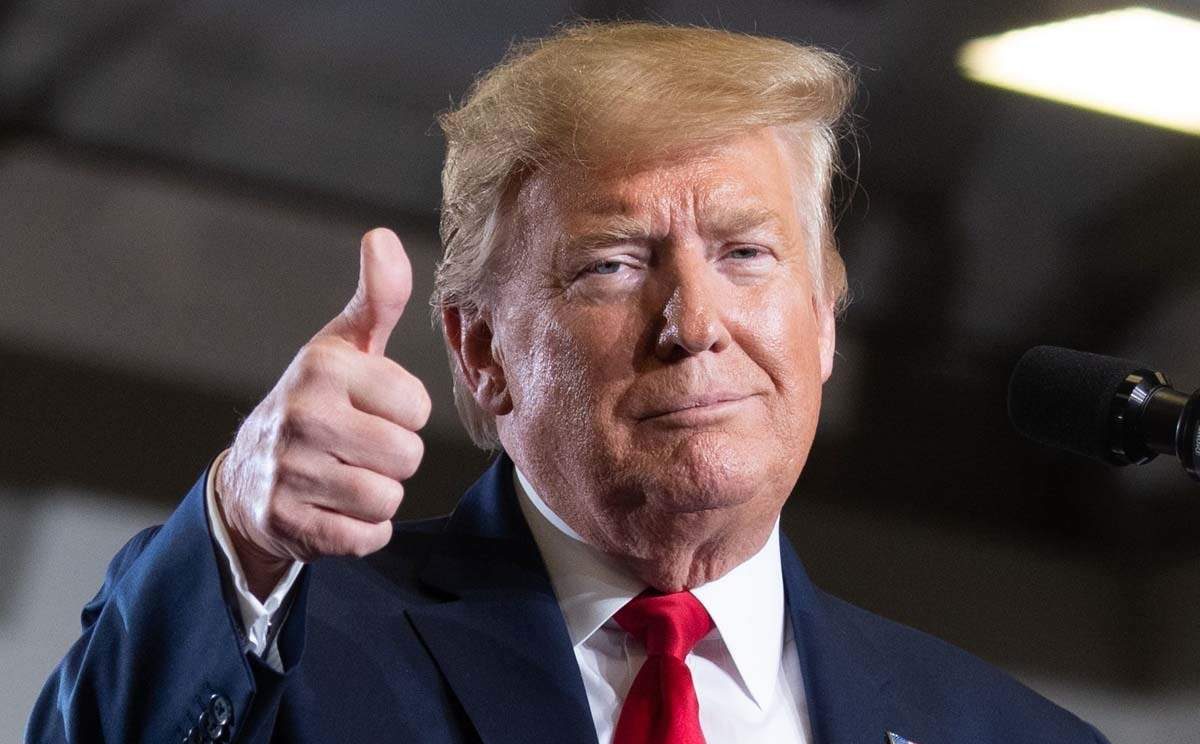Democrats Target Trump’s Meme Coin with New Legislation
27.02.2025 16:32 1 min. read Alexander Stefanov
A new legislative push by House Democrats is targeting the $TRUMP meme coin, which has plummeted in value since its launch.
Representative Sam Liccardo, a freshman Democrat from California, plans to introduce the MEME Act, a bill aimed at preventing high-ranking government officials and their families from profiting off digital assets like meme coins.
Liccardo argues that Donald and Melania Trump financially benefited from the cryptocurrency, which attracted early investors before rapidly losing value.
His proposed legislation would ban the president, vice president, members of Congress, and top executive officials from issuing, endorsing, or profiting from securities, commodities, or digital assets.
While the bill is unlikely to pass under the current Republican-controlled Congress, Liccardo is rallying support, hoping to gain traction if Democrats regain the majority. He insists that public office should not be used for financial gain, warning that the Trumps’ involvement in meme coins raises concerns about insider trading and foreign influence.
The MEME Act would impose criminal and civil penalties for violations and apply retroactively, potentially impacting assets like Truth Social stock. Liccardo has already secured backing from a dozen Democratic colleagues as he prepares to introduce the bill.
-
1
Trump Set to Sign Landmark Crypto Regulation Bill Before August
15.05.2025 19:00 2 min. read -
2
New Russian Law Would Classify Bitcoin as Seizable Property
21.05.2025 21:00 1 min. read -
3
Hong Kong Opens Stablecoin Licensing as It Positions for Web3 Leadership
23.05.2025 19:00 2 min. read -
4
UK Sets 2026 Deadline for Crypto Firms to Report Every User Transaction
19.05.2025 17:00 2 min. read -
5
EU Targets Anonymous Crypto with 2027 Ban on Privacy Coins and Accounts
05.05.2025 22:00 1 min. read
SEC Is Backing Away from Memecoin Regulation – Here’s Why
The U.S. Securities and Exchange Commission has made it clear it will no longer involve itself in regulating memecoins—tokens often driven by internet culture, hype, and political branding.
U.S. Lawmakers Push Forward with Crypto Regulatory Reform
Efforts to bring much-needed legal structure to the U.S. digital asset market took a leap forward with the introduction of the Digital Asset Market Clarity Act—a bill designed to lay the groundwork for coherent crypto regulation.
Thailand Looks to Crypto for Tourism Boost and Financial Reform
Thailand is preparing to weave digital assets into its tourism and financial infrastructure, starting with a pilot program that would let visitors pay in crypto through card-linked platforms.
Crypto Industry Pressures SEC for Clear Staking Rules as Dialogue Improves
Leading voices in the digital asset space are calling on U.S. regulators to break their silence on staking.
-
1
Trump Set to Sign Landmark Crypto Regulation Bill Before August
15.05.2025 19:00 2 min. read -
2
New Russian Law Would Classify Bitcoin as Seizable Property
21.05.2025 21:00 1 min. read -
3
Hong Kong Opens Stablecoin Licensing as It Positions for Web3 Leadership
23.05.2025 19:00 2 min. read -
4
UK Sets 2026 Deadline for Crypto Firms to Report Every User Transaction
19.05.2025 17:00 2 min. read -
5
EU Targets Anonymous Crypto with 2027 Ban on Privacy Coins and Accounts
05.05.2025 22:00 1 min. read


